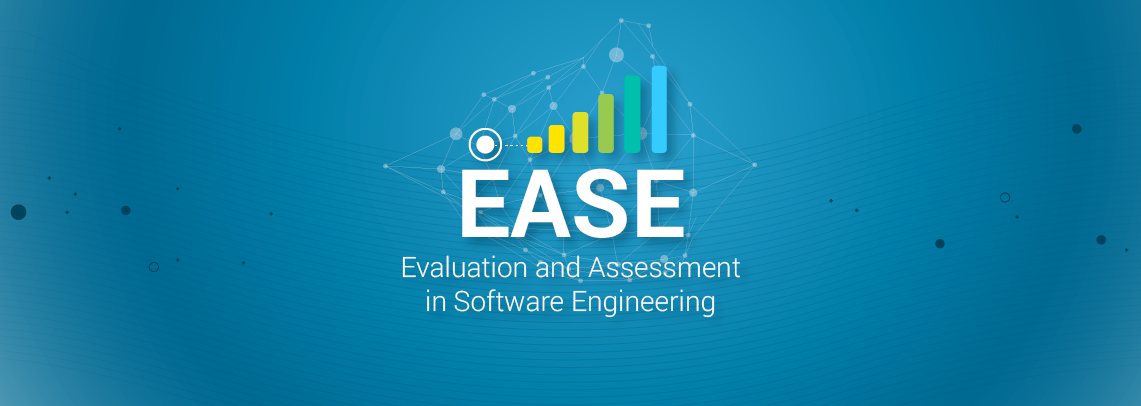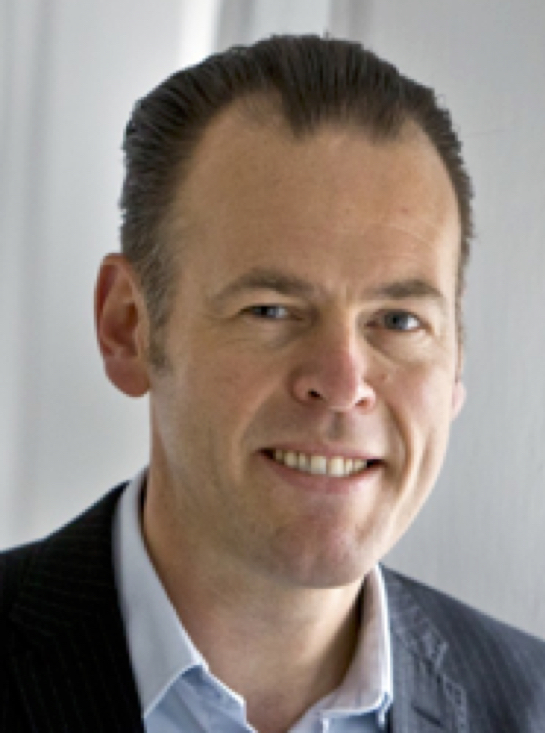Jan Bosch
Jan Bosch is professor of software engineering and director of the Software Center at Chalmers University Technology in Gothenburg, Sweden. Earlier, he worked as Vice President Engineering Process at Intuit Inc where he also lead Intuit's Open Innovation efforts and headed the central mobile technologies team. Before Intuit, he was head of the Software and Application Technologies Laboratory at Nokia Research Center, Finland. Prior to joining Nokia, he headed the software engineering research group at the University of Groningen, The Netherlands. He received a MSc degree from the University of Twente, The Netherlands, and a PhD degree from Lund University, Sweden. His research activities include evidence-based development, software architecture, innovation experiment systems, compositional software engineering, software ecosystems, software product families and software variability management. He is the author of a book "Design and Use of Software Architectures: Adopting and Evolving a Product Line Approach" published by Pearson Education (Addison-Wesley & ACM Press), editor of several books and volumes and author of a significant number of research articles. He is editor for Journal of Systems and Software as well as Science of Computer Programming, chaired several conferences as general and program chair, served on many program committees and organized numerous workshops.
In the startup space, Jan is chairman of the board of Fidesmo in Stockholm, and Remente, in Gothenburg, Sweden. He serves on the advisory board of Assia Inc. in Redwood City, CA and Burt AB in Gothenburg, Sweden. Jan also runs a consulting firm, Boschonian AB, that offers its clients support around R&D and innovation management. More information about his background can be found at his website: www.janbosch.com.
Speed, Data and Ecosystems: Excelling in a Soft ware-Driven World
We are living in the most exciting time in the history of mankind. The last century has seen unprecedented improvements in the quality of the human condition and technology is at the heart of this progress. Now we are experiencing an even bigger leap as we move towards a new level of digitisation and automation. Ranging from self-driving cars to factories without workers to societal infrastructure, every sensor and actuator is becoming connected and new applications that enable new opportunities are appearing daily. The fuel of this emerging connected, software-driven reality is software and the key challenge is to continuously deliver value to customers. The future of software engineering in this context is centered around three main developments: Speed, Data and Ecosystems. The focus on speed is concerned with the constantly increasing rate of deploying new software in the field. This continuous integration and deployment is no longer only the purview of internet companies but is also increasingly deployed in embedded systems. Second, data is concerned with the vast amounts of information collected from systems deployed in the field and the behavior of the users of these systems. The software-intensive systems industry needs to significantly improve its ability to exploit the value present in that data. Finally, ecosystems are concerned with the transition in many companies from doing everything in-house to strategic use of innovation partners and commodity providing partners. The keynote addresses these three main developments, provides numerous examples from the Nordic and international industry and predicts the next steps that industry and academia need to engage in to remain competitive.
Elaine Weyuker
Elaine Weyuker is a Part Time Visiting Professor at Mälardalen University in Västerås, Sweden, where she mentors PhD students and post-docs, collaborates with faculty, and interacts with local Swedish industry. She continues to live primarily in the US. Prior to this, Elaine was a Fellow and Distinguished Member of the Technical Staff at AT&T Labs, a Professor of Computer Science at the Courant Institute of Mathematical Sciences of NYU, a Lecturer at the City University of New York, a Systems Engineer at IBM, and a programmer at Texaco.
Her research expertise includes techniques and tools to improve the reliability of software systems through systematic validation activities, including the development of testing, assessment and software fault prediction models. Prior to that, Elaine did research in Theory of Computation and is the co-author of a book "Computability, Complexity, and Languages". She has authored more than 170 papers in these fields.
Elaine is a member of the US National Academy of Engineering, an IEEE Fellow, and an ACM Fellow and has received IEEE's Harlan Mills Award for outstanding software engineering research, and ACM/SIGSOFT Outstanding Research Award.
She was the recipient of the 2011 US President's Volunteer Service Award, the 2010 ACM President's Award, the ACM SIGSOFT Retrospective Impact Paper Awards in 2009, the 2008 Anita Borg Institute Technical Leadership Award, Rutgers University 50th Anniversary Outstanding Alumni Award, and the AT&T Chairman's Diversity Award as well has having been named a Woman of Achievement by the YWCA.
She was the chair of the ACM Women's Council (ACM-W) from 2004 - 2012, and a member of the Executive Committee of the Coalition to Diversify Computing.
Should She Who Owns the Data be Queen?



.jpg)